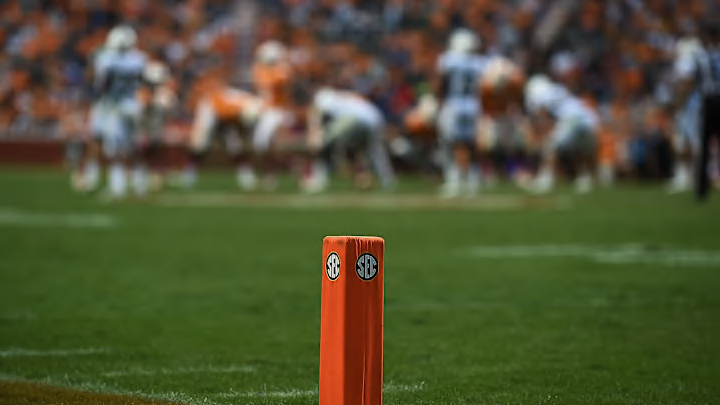In what is tantamount to a mental whiplash for me, I am forced to give the University of Tennessee credit for being correct. At the least, the new system of direct payment of athletes by schools provides progress toward reasonable compensation rules. Nonetheless, many skeptics believe new NIL rules will be circumvented, either through lawsuits or deals that the new clearinghouse program cannot control. Stewart Mandel wrote, "Every legal expert I’ve spoken with about this subject thinks there’s little chance this clearinghouse would survive a legal challenge". The House settlement is clear progress, but there is no assurance that some lavish player payroll budgets will not unfairly lead to 'bought' championships.
The main problem for the NCAA, and more importantly, the conferences and the new College Sports Commission is no anti-trust exemption. The U.S. Congress might provide the exemption, but the politicians who have talked about it for years have never gained much traction. Without salary caps, the recent rules changes and new structures are unlikely to provide anything close to competitive balance in college sports. No salary cap will ever succeed legal challenges without anti-trust exemptions.
There is an obvious solution that University presidents and chancellors have stubbornly opposed for years. It is to make the players employees of the schools. That is the one sure path to player payroll salary caps. Tied to that path is collective bargaining by the athletes. Players as employees would add expenses to athletic budgets, along with the treacherous ground of Workers' Compensation claims. Workers' comp would also apply to post-employment claims about medical issues caused by injuries during college playing careers.
It is also argued that in many southern states, entrenched with anti-union bias, collective bargaining would be a hard sell for university administrators. Alabama is one of those states. So is Tennessee, but that has not kept Tennessee Chancellor Donde Plowman, and Tennessee Vols' Athletic Director, Danny White, from supporting collective bargaining for players as employees.
Before approval of the House settlement, White and Plowman took a bold step by stating, "collective bargaining is the only solution.” Tennessee, like Alabama, is generally an anti-labor state, but to bargain collectively, a union would have to represent players. There is no other path to enforceable salary caps.
Alabama Crimson Tide and the Tennessee Vols
Over the years, I have written about the Tennessee Vols and their history of rules-breaking. Recently, I seriously, but also zestfully, wrote that it is possible Tennessee could be kicked out of the SEC. An about-face is in order. My disdain for the Vols will continue. But Plowman and White deserve credit for being the first among SEC administrators to state what must happen for college sports to ever have competitive balance.
